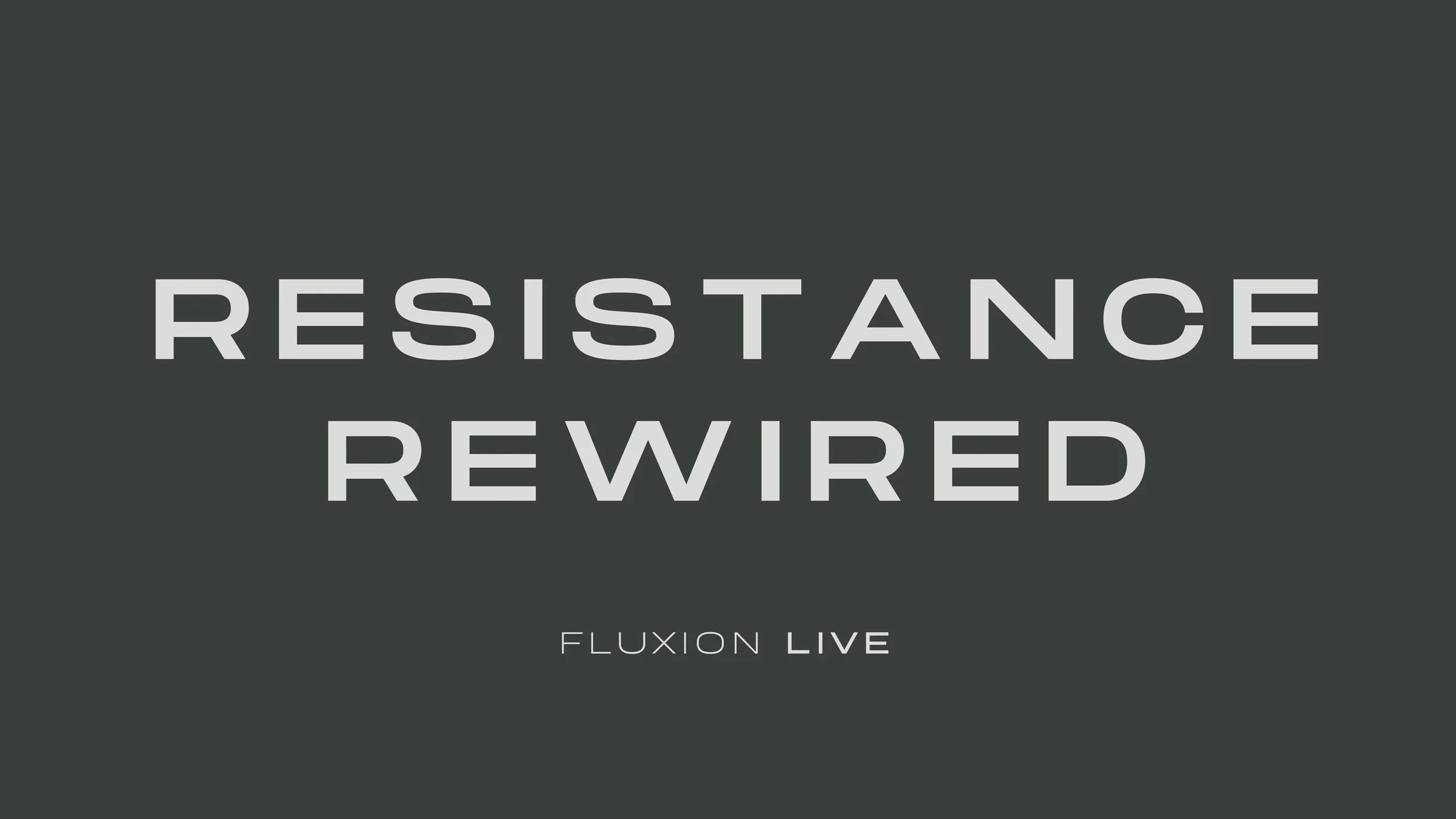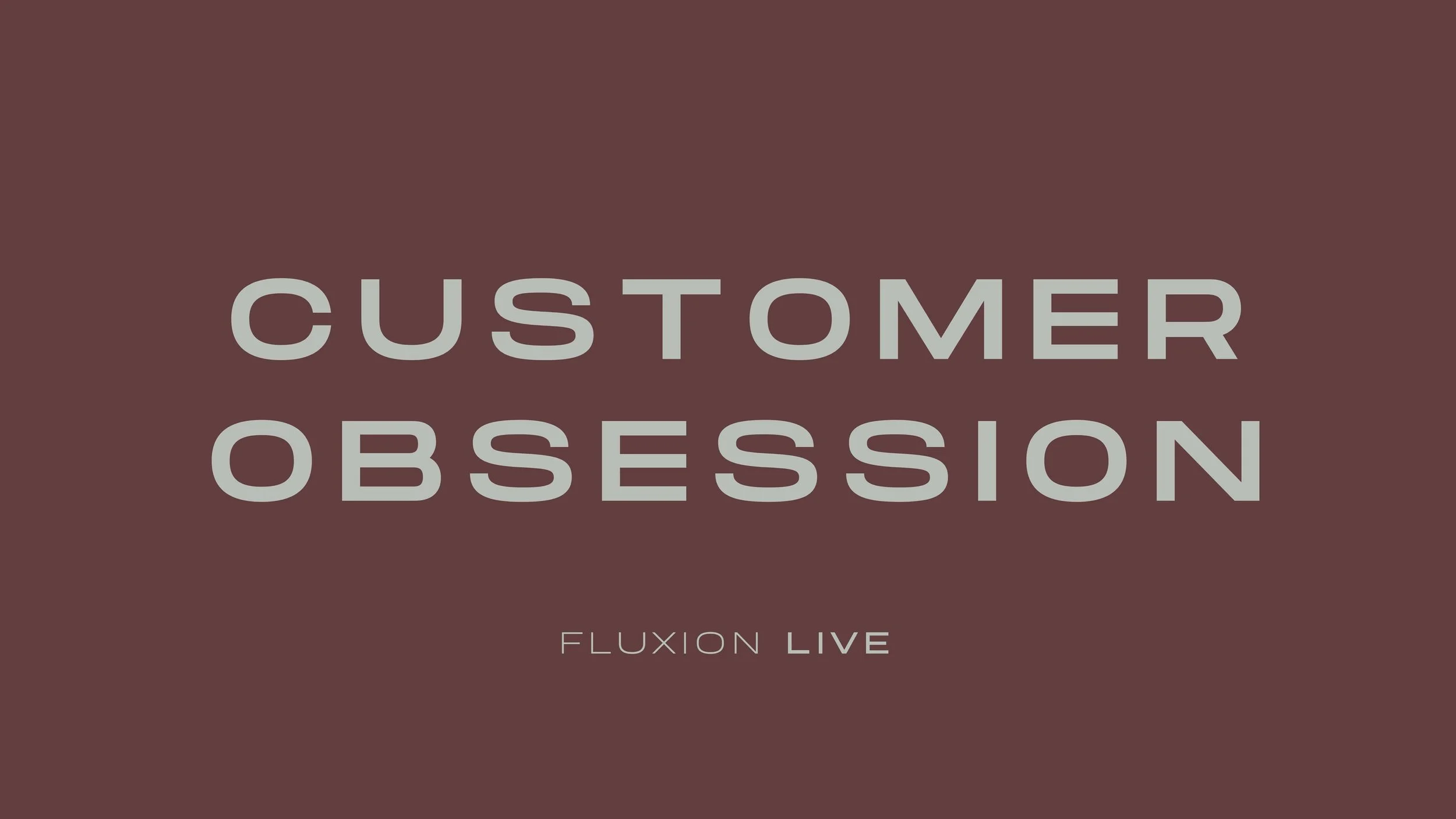The always-on Era
Remember when transformation was something organisations planned for? A major restructure, a new technology rollout, a cultural shift—all neatly packaged into a multi-year roadmap, complete with milestones and end goals. Transformation used to be an event. But that world is gone.
Today, transformation isn’t a project—it’s a constant state of being. Businesses are no longer changing because they want to; they’re changing because they have to. The pace of disruption—from AI to shifting market dynamics to evolving customer expectations—means that transformation is never truly done. The moment you think you’ve arrived, the landscape shifts again.
We are living in the era of always-on transformation. The organisations that thrive are the ones that stop thinking about change as something they “do” and start embedding adaptability into their very DNA.
The Myth of “End State” Thinking
One of the biggest mistakes leaders make is thinking of transformation as having an endpoint. There’s comfort in the idea that, once a major change initiative is complete, stability will return. But stability is a myth.
Look at some of the world’s biggest businesses. Many that once seemed untouchable have been disrupted overnight. Meanwhile, the organisations that survive and thrive aren’t necessarily the ones with the best products or the biggest budgets—they’re the ones that continuously evolve.
The problem isn’t change. The problem is the way we think about change. Leaders who cling to the idea that transformation is something to be “completed” will always be playing catch-up. The future belongs to those who embrace fluidity.
The Leaders Who Win Are the Ones Who Adapt
In an era of always-on transformation, the most valuable leadership skill isn’t just vision or execution—it’s adaptability. The ability to pivot, to reassess, and to respond to uncertainty isn’t just an advantage—it’s a necessity.
But let’s be clear: being adaptable doesn’t mean reacting chaotically to every new trend. It means creating an organisational culture that is built for continuous evolution. That requires a different kind of leadership—one that prioritises:
Empowerment over control – Change can’t be dictated from the top down. Organisations that embed transformation effectively give teams the autonomy to experiment, learn, and iterate.
Iteration over perfection – The old world valued rigid planning and certainty. The new world values fast feedback loops, quick adjustments, and continuous improvement.
Resilience over resistance – When change is constant, resistance is futile. The leaders who thrive are those who build teams that are psychologically safe, open to experimentation, and comfortable with ambiguity.
Rethinking Change Management for a World That Won’t Stop Changing
Traditional change management models were built for a world where transformation had a clear start and end point. That’s why so many change initiatives fail—because they’re designed to transition from one fixed state to another, rather than supporting constant reinvention.
We need to change how we think about change. Instead of managing transformation like a one-time event, organisations should focus on:
Building change-ready teams – Instead of trying to overcome resistance to change, focus on creating cultures where people are comfortable with uncertainty and skilled at adapting.
Embedding continuous learning – Transformation isn’t just about rolling out new processes or technology; it’s about upskilling people in real-time so they can navigate the evolving landscape.
Making agility the default – Organisations that thrive in disruption aren’t just able to pivot, they are structured to pivot, with decision-making that is fast, decentralised, and iterative.
Fluxion: Why We Believe in Always-On Transformation
At Fluxion, we see this shift happening across industries. Organisations that once saw transformation as a reactive measure are now recognising that it must be proactive and continuous.
This is why our approach is built around adaptability, co-creation, and helping organisations develop the muscle of ongoing change. We don’t just help clients deliver transformation, we help them build the internal capability to thrive in a world where change never stops.
The Bottom Line: Change Isn’t Something You Do. It’s Who You Are.
If you’re still treating transformation as a one-off initiative, you’re already behind. The most successful organisations in the coming years won’t be the ones with the best transformation projects—they’ll be the ones that stop thinking in projects altogether and instead build cultures of continuous reinvention.
So the real question is: Is your organisation ready to embrace the era of always-on transformation?
Because the change isn’t slowing down. And the winners will be the ones who move with it.
Insights




